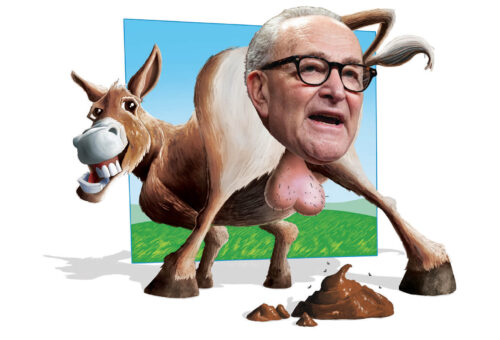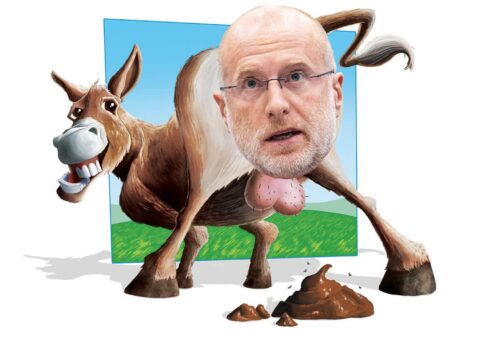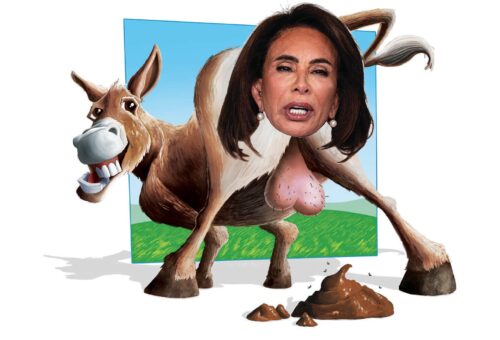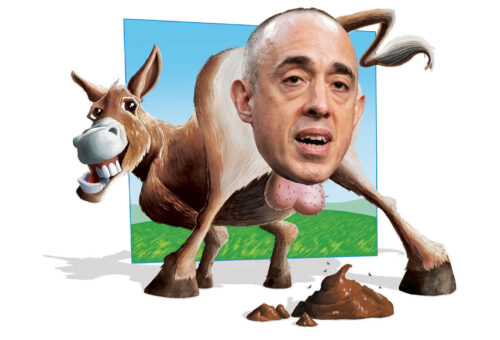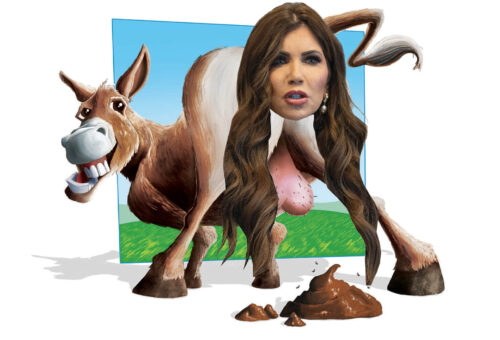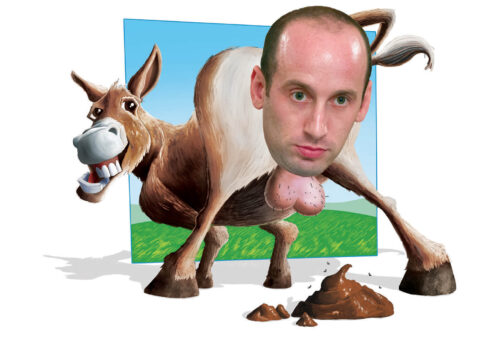Truth, Treason & The American Way?
Edward Snowden is the John Peter Zenger of our time. In case you don’t get the historical reference, Zenger was a key figure in this nation’s grand struggle for freedom of the press. In 1734 he was charged with seditious libel for printing articles challenging the power of New York’s colonial governor. Zenger was jailed for more than eight months before being tried, but a jury’s not-guilty verdict set the standard for unfettered freedom of the press incorporated in the First Amendment to the U.S. Constitution.
Like Zenger, Snowden faces the charge of sedition based on publicizing information that was both true and embarrassing to the government. And like Zenger, whistleblower Snowden has a solid argument in his defense that the highest obligation of a free press is to present the truth to the public no matter its inconvenience to the powers that be.
In 1721 Zenger expressed that same notion in his anti-royal newspaper, the New York Weekly Journal: “The exposing therefore of publick wickedness, as it is a duty which every man owes to the truth and his country, can never be a libel in the nature of things.”


















